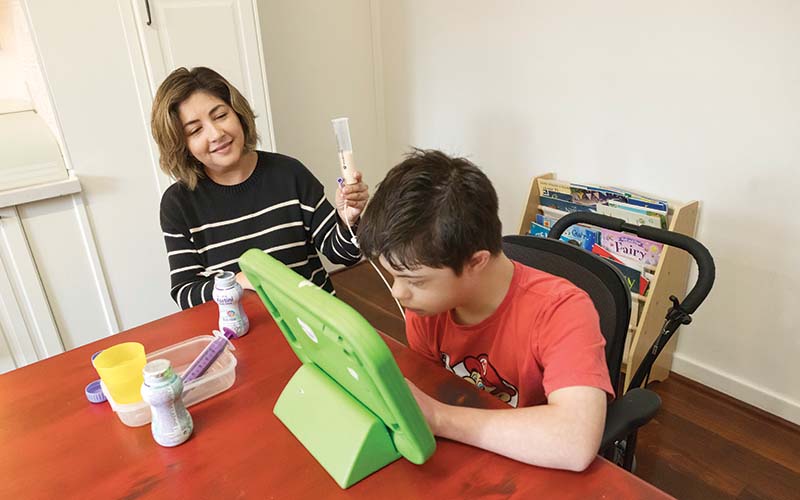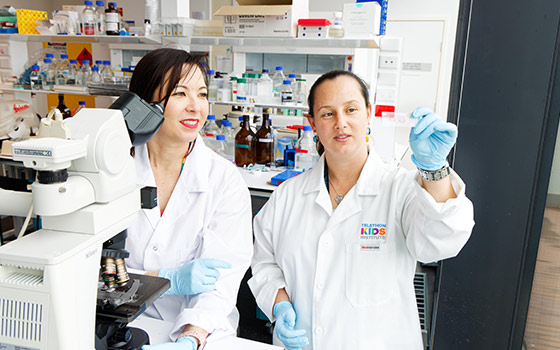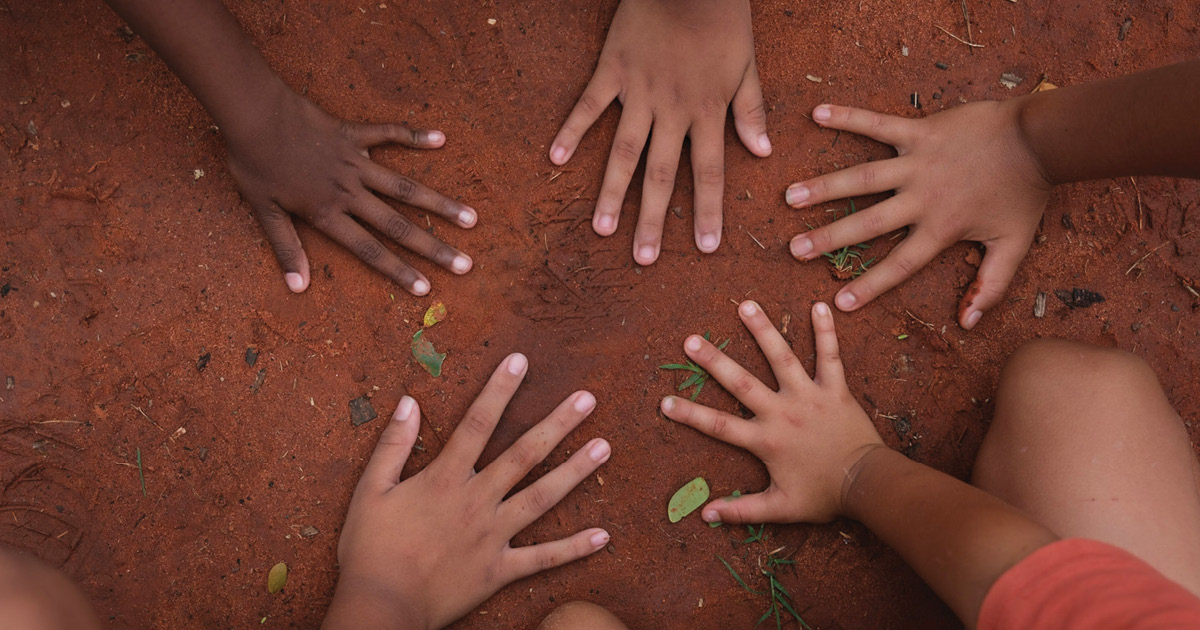Search
Research
Ethnicity and anthropometric deficits in children: A cross-sectional analysis of national survey data from 18 countries in sub-Saharan AfricaChild anthropometric deficits remain a major public health problem in Sub-Saharan Africa (SSA) and are a key target of the UN Sustainable Development Goals (SDGs). The SDGs recommend disaggregation of health indicators by ethnic group. However, few studies have assessed how ethnicity is associated with anthropometric deficits across SSA.
Research
Estimating the impact of imported malaria on local transmission in a near elimination setting: a case study from BhutanBhutan has achieved a substantial reduction in both malaria morbidity and mortality over the last two decades and is aiming for malaria elimination certification in 2025. However, a significant percentage of malaria cases in Bhutan are imported (acquired in another country). The aim of the study was to understand how importation drives local malaria transmission in Bhutan.
Research
The Impact of Obesity on Influenza Vaccine Immunogenicity and Antibody Transfer to the Infant During PregnancyInfluenza vaccination is recommended for pregnant women, offering the dual benefit of protecting pregnant women and their newborn infants against influenza. This study aimed to investigate the impact of body mass index (BMI) on influenza vaccine responses in pregnant women and their newborns.
Research
Prenatal Origins of Obstructive Airway Disease: Starting on the Wrong Trajectory?From the results of well-performed population health studies, we now have excellent data demonstrating that deficits in adult lung function may be present early in life, possibly as a result of developmental disorders, incurring a lifelong risk of obstructive airway diseases such as asthma and chronic obstructive pulmonary disease.

News & Events
New study shows alcohol use ‘common’ during pregnancyThe Kids Research Institute Australia's Professor Carol Bower is not surprised by new research that shows alcohol use in pregnancy is 'common'.

For thousands of children around Australia with intellectual and other disabilities, the process of eating can be traumatic, posing challenges that veer from uncomfortable to life threatening.

Most laboratory equipment at The Kids Research Institute Australia is owned and maintained by the Institute, in order to make this available for use by all staff and students.

A Kimberley study seeking to better understand Strep A in remote settings is helping to guide new approaches to prevent acute rheumatic fever (ARF) – an auto-immune response that typically begins with a sore throat and causes high fever, tiredness and swollen joints.

Researchers from The Kids Research Institute Australia who are working to better understand the serious threat climate change poses to children’s health have led a study revealing the dramatically heightened risk of preterm births as the world gets hotter.

Australian children diagnosed with a brain tumour now have a better chance of accessing the best treatment for their disease thanks to a trans-Tasman collaboration spearheaded by The Kids Research Institute Australia cancer researcher Professor Nick Gottardo.
